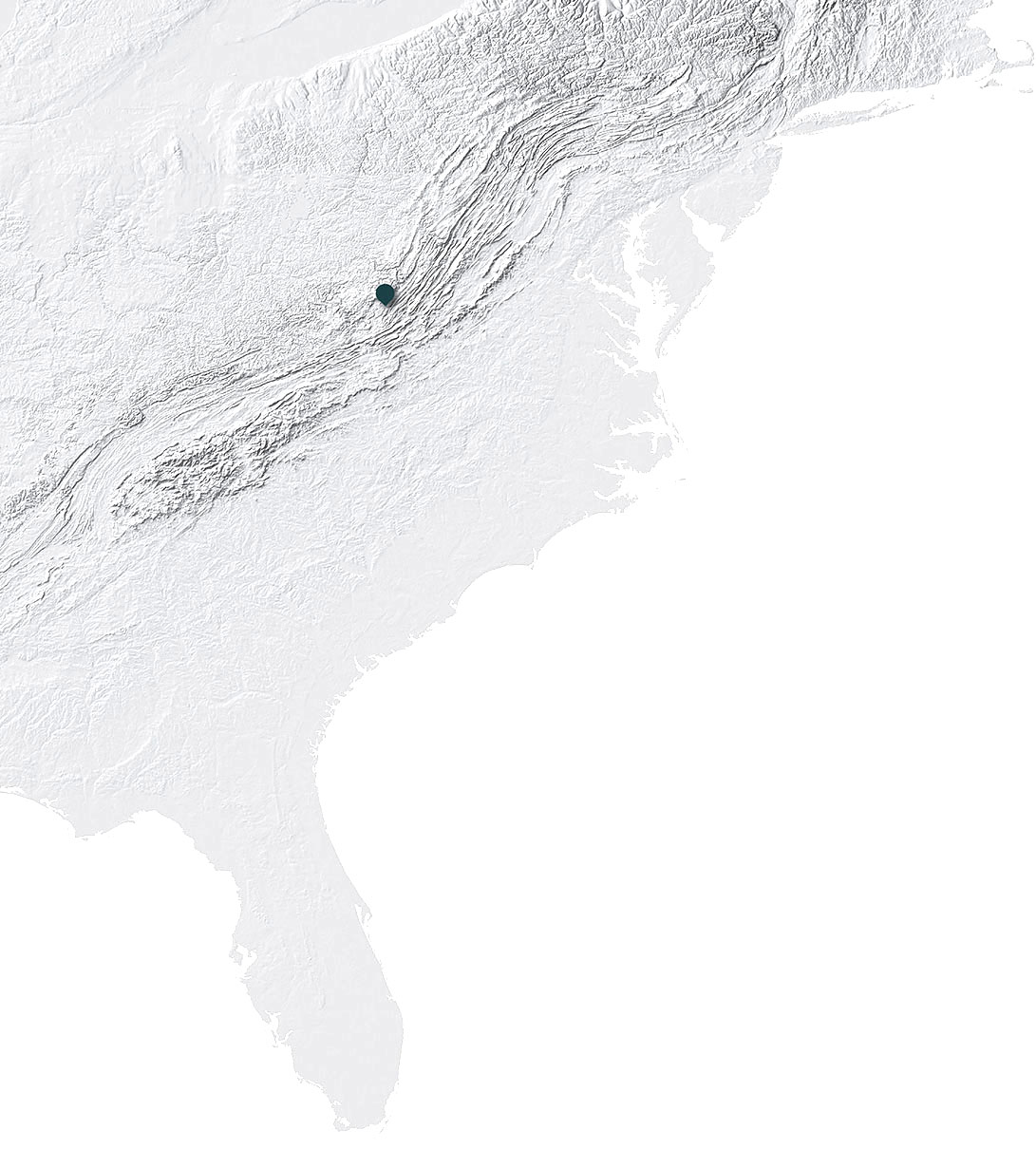SUNDOWN TOWNS
East Jackson, Ohio

Although the signs have been taken down and many of the residents’ opinions have changed, Waverly, a town in the foot hills of the Appalachian Mountains, and its neighboring community of East Jackson, are bears the scars from a past legacy. The Appalachian region, while a safe haven for many, has not been exempt from the racial discrimination that has haunted America since its inception. One glaring example of this is the existence of sundown towns within the region, a town that is purposefully all white. The signs have been removed and the ordinances barring blacks from residing within city limits have been eradicated many of these towns still remain almost completely white.
East Jackson, or “E.J.”, is a community of black, white, and mixed individuals, that doesn’t exist on any map. The people that call East Jackson home have been raised in the shadows of a sundown town, and its lingering legacy of discrimination. These residents have faced racism and more institutionalized forms of discrimination. While there is still friction with neighboring town of Waverly, the people that live in this small community have created an environment of support and comradery for one another.
“If you want jobs you gonna have to move. For one thing there’s no jobs here, and the jobs here, like at the plant down there in Piketon, most of those people hired here in the 50s…now their grandkids are working there,” said Jackson. Discrimination in Waverly and the surrounding area is not as overt as it once was, but it’s still present.
John Jackson’s childhood memories describe the simplicity of life in E.J.
“We swam in the creeks, cut grape vines to swing on in the woods, and fished,” he said. Jackson feels a close bond with his ancestors, many of whom worked this land in the 1800’s, the same land on which he played as a child and the site of his current home. His family settled here from Virginia, West Virginia, and Kentucky. But the policies of neighboring Waverly limited their ability to live and work.
Most of the children from East Jackson went to school in Waverly. As a child, John often heard degrading remarks about his race there. “Whenever there’s a bunch of white people, you gonna hear the ‘N’ word,” he said.
Despite the way he and the E.J. community have been treated as a whole, he notes a small increase in black families moving into Waverly as a sign of hope.
While Jackson believes there’s been progress in the attitude in Waverly, young people in E.J. aren’t as optimistic. They’ve had their own experience with racism and prejudice.
Despite the way Jackson and the E.J. community have been treated as a whole, he cites the small increase of black families moving into Waverly as a sign of hope. The sentiment he and his wife adhere to is that, if you don’t make any waves, there won’t be any problems, saying “If I didn’t love living in the country, I’d go to Waverly to live and wouldn’t have a bit of problem.”
While Jackson is confident in the progress of many of the towns residents some of the youth of E.J. aren’t as optimistic. Their own experiences with racism seems to center around Waverly.
Darius Rider, 17, knows first hand the stigma that’s attached to students living in East Jackson. “I’ve never really fought anyone without a reason. Like, I’ve been called something like a nigger to fight,” he said. Many relatives have had similar problems and chose to fight. “Whether its the influx of drug activity, crime, or lack of opportunity, some of the youth of E.J. don’t see a future for themselves within the hills they call home."
Despite the persecution, the hardships and struggles the residents still continue to face they are resolute that no matter what the community E.J. will their backs. “Everyone over there seems to be self sufficient. And I love everyone of them, I do, I love everyone of them, that’s my family, we’re all family and we don’t let each other forget it,” said Emma Anderson, 91, of East Jackson.